Real-World GitLab Flow with Math-Driven Development
Real-World GitLab Flow with Math-Driven Development Develop like a Git expert—version, verify, and deploy your way through theorems and code. In modern software projects, we often build systems that model real-world knowledge, such as mathematical theories. Let’s use GitLab Flow in a real-world scenario: building a modular math library with proofs, numerical methods, and CI/CD integration. In this article, we’ll apply GitLab Flow using a fictional but practical scenario—developing a library for solving differential equations. Project: Differential Solver We'll build a library that includes: Euler’s Method Runge-Kutta 4th Order Analytical solutions (for verification) CI tests for each algorithm Step-by-Step GitLab Flow Applied Step 1: Initialize the Repository git init git checkout -b main echo "# Differential Solver" > README.md git add README.md git commit -m "Initial commit with project README" Push to GitLab and create staging and production: git checkout -b staging git push -u origin staging git checkout -b production git push -u origin production Step 2: Create a Feature Branch git checkout main git checkout -b feature/euler-method Add Feature: Euler’s Method // src/euler.ts export function eulerStep(f: (x: number, y: number) => number, x0: number, y0: number, h: number): number { return y0 + h * f(x0, y0); } Commit and push: git add src/euler.ts git commit -m "feat: implement Euler method" git push -u origin feature/euler-method Step 3: Merge Request and Code Review Create a Merge Request (MR) from feature/euler-method → main. Include: Description of the algorithm Reference to issue: Closes #12 Add reviewers from your team Step 4: Merge and CI Validation Once approved: git checkout main git pull origin main git merge feature/euler-method git push origin main Merge triggers .gitlab-ci.yml: stages: - test test: script: - npm run test CI runs math validation tests using sample ODEs. Step 5: Deploy to Staging git checkout staging git pull origin staging git merge main git push origin staging This triggers: deploy_staging: script: ./scripts/deploy.sh --env=staging only: - staging Your changes are now tested in a sandbox environment! Medium Commands for Cleaner History Rebase before merge git checkout feature/euler-method git pull --rebase origin main Squash commits git rebase -i origin/main Step 6: Hotfix Flow A bug is discovered in production. Fix it fast: git checkout production git checkout -b hotfix/fix-nan-integration # fix code git add . git commit -m "fix: resolve NaN in Euler integration" git push origin hotfix/fix-nan-integration After review: git checkout production git merge hotfix/fix-nan-integration git push origin production git checkout main git merge hotfix/fix-nan-integration git push origin main git checkout staging git merge hotfix/fix-nan-integration git push origin staging Example .gitlab-ci.yml stages: - lint - test - deploy lint: script: npx eslint ./src test: script: npm test deploy_staging: script: ./scripts/deploy.sh staging only: - staging Key Takeaways Concept Impact feature/* branches Encourage focused, reviewable changes CI/CD pipelines Catch regressions and deploy automatically staging and production Allow safe experimentation Merge Requests Keep code quality high Squashing and rebasing Maintain a readable Git history Closing Thoughts GitLab Flow transforms chaotic commits into a methodical, test-driven deployment process. By applying it to a real-world scenario like mathematical solver development, you not only master Git workflows—you ensure software correctness in critical domains.

Real-World GitLab Flow with Math-Driven Development
Develop like a Git expert—version, verify, and deploy your way through theorems and code.
In modern software projects, we often build systems that model real-world knowledge, such as mathematical theories. Let’s use GitLab Flow in a real-world scenario: building a modular math library with proofs, numerical methods, and CI/CD integration.
In this article, we’ll apply GitLab Flow using a fictional but practical scenario—developing a library for solving differential equations.
Project: Differential Solver
We'll build a library that includes:
- Euler’s Method
- Runge-Kutta 4th Order
- Analytical solutions (for verification)
- CI tests for each algorithm
Step-by-Step GitLab Flow Applied
Step 1: Initialize the Repository
git init
git checkout -b main
echo "# Differential Solver" > README.md
git add README.md
git commit -m "Initial commit with project README"
Push to GitLab and create staging and production:
git checkout -b staging
git push -u origin staging
git checkout -b production
git push -u origin production
Step 2: Create a Feature Branch
git checkout main
git checkout -b feature/euler-method
Add Feature: Euler’s Method
// src/euler.ts
export function eulerStep(f: (x: number, y: number) => number, x0: number, y0: number, h: number): number {
return y0 + h * f(x0, y0);
}
Commit and push:
git add src/euler.ts
git commit -m "feat: implement Euler method"
git push -u origin feature/euler-method
Step 3: Merge Request and Code Review
Create a Merge Request (MR) from feature/euler-method → main.
Include:
- Description of the algorithm
- Reference to issue:
Closes #12 - Add reviewers from your team
Step 4: Merge and CI Validation
Once approved:
git checkout main
git pull origin main
git merge feature/euler-method
git push origin main
Merge triggers .gitlab-ci.yml:
stages:
- test
test:
script:
- npm run test
CI runs math validation tests using sample ODEs.
Step 5: Deploy to Staging
git checkout staging
git pull origin staging
git merge main
git push origin staging
This triggers:
deploy_staging:
script: ./scripts/deploy.sh --env=staging
only:
- staging
Your changes are now tested in a sandbox environment!
Medium Commands for Cleaner History
Rebase before merge
git checkout feature/euler-method
git pull --rebase origin main
Squash commits
git rebase -i origin/main
Step 6: Hotfix Flow
A bug is discovered in production. Fix it fast:
git checkout production
git checkout -b hotfix/fix-nan-integration
# fix code
git add .
git commit -m "fix: resolve NaN in Euler integration"
git push origin hotfix/fix-nan-integration
After review:
git checkout production
git merge hotfix/fix-nan-integration
git push origin production
git checkout main
git merge hotfix/fix-nan-integration
git push origin main
git checkout staging
git merge hotfix/fix-nan-integration
git push origin staging
Example .gitlab-ci.yml
stages:
- lint
- test
- deploy
lint:
script: npx eslint ./src
test:
script: npm test
deploy_staging:
script: ./scripts/deploy.sh staging
only:
- staging
Key Takeaways
| Concept | Impact |
|---|---|
feature/* branches |
Encourage focused, reviewable changes |
| CI/CD pipelines | Catch regressions and deploy automatically |
staging and production
|
Allow safe experimentation |
| Merge Requests | Keep code quality high |
| Squashing and rebasing | Maintain a readable Git history |
Closing Thoughts
GitLab Flow transforms chaotic commits into a methodical, test-driven deployment process. By applying it to a real-world scenario like mathematical solver development, you not only master Git workflows—you ensure software correctness in critical domains.





















































































































































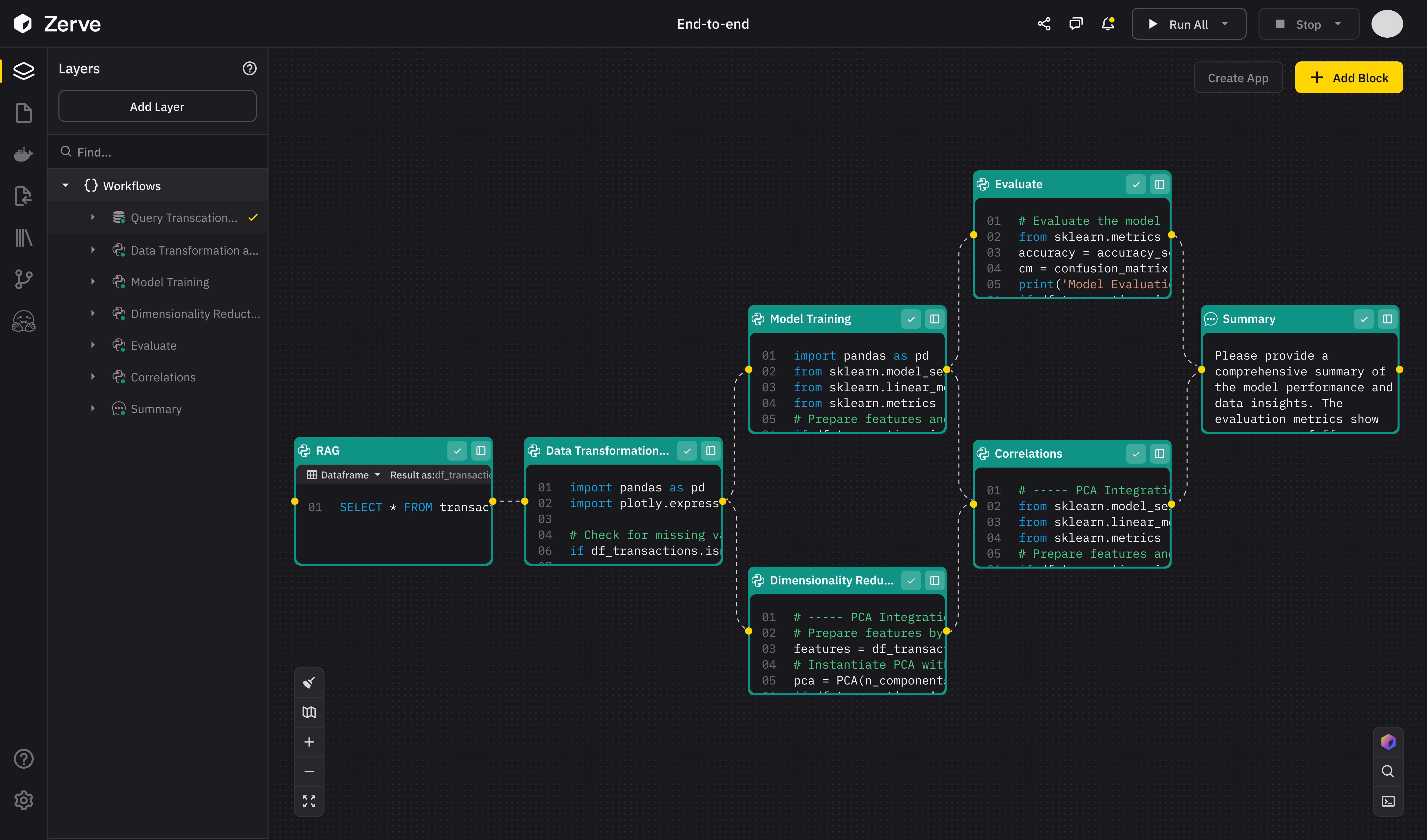














![[The AI Show Episode 147]: OpenAI Abandons For-Profit Plan, AI College Cheating Epidemic, Apple Says AI Will Replace Search Engines & HubSpot’s AI-First Scorecard](https://www.marketingaiinstitute.com/hubfs/ep%20147%20cover.png)


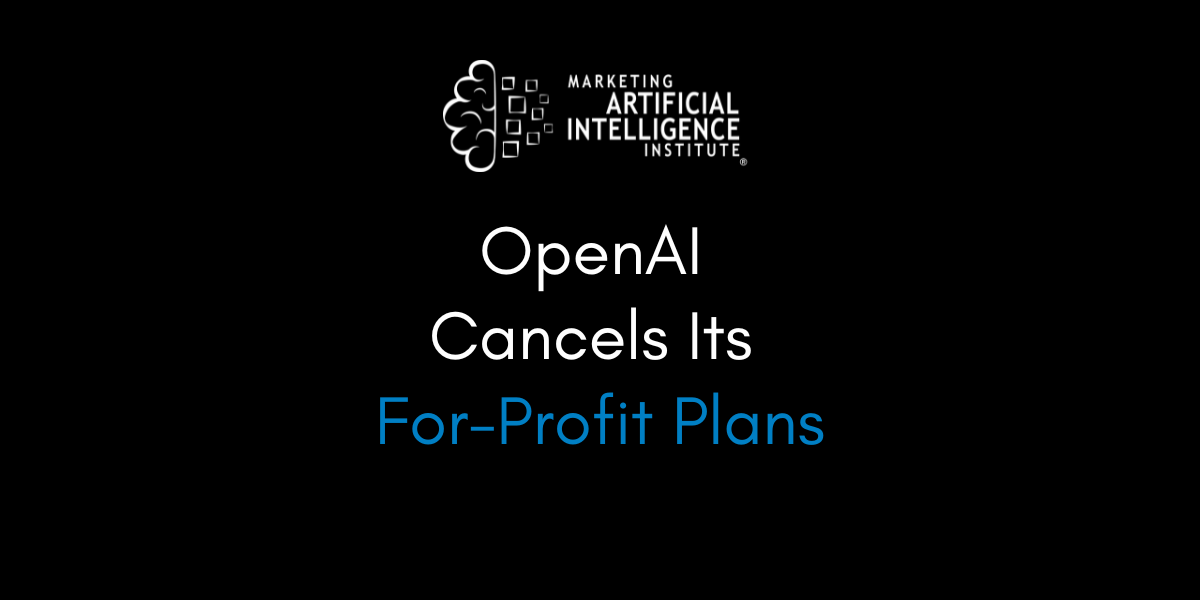



































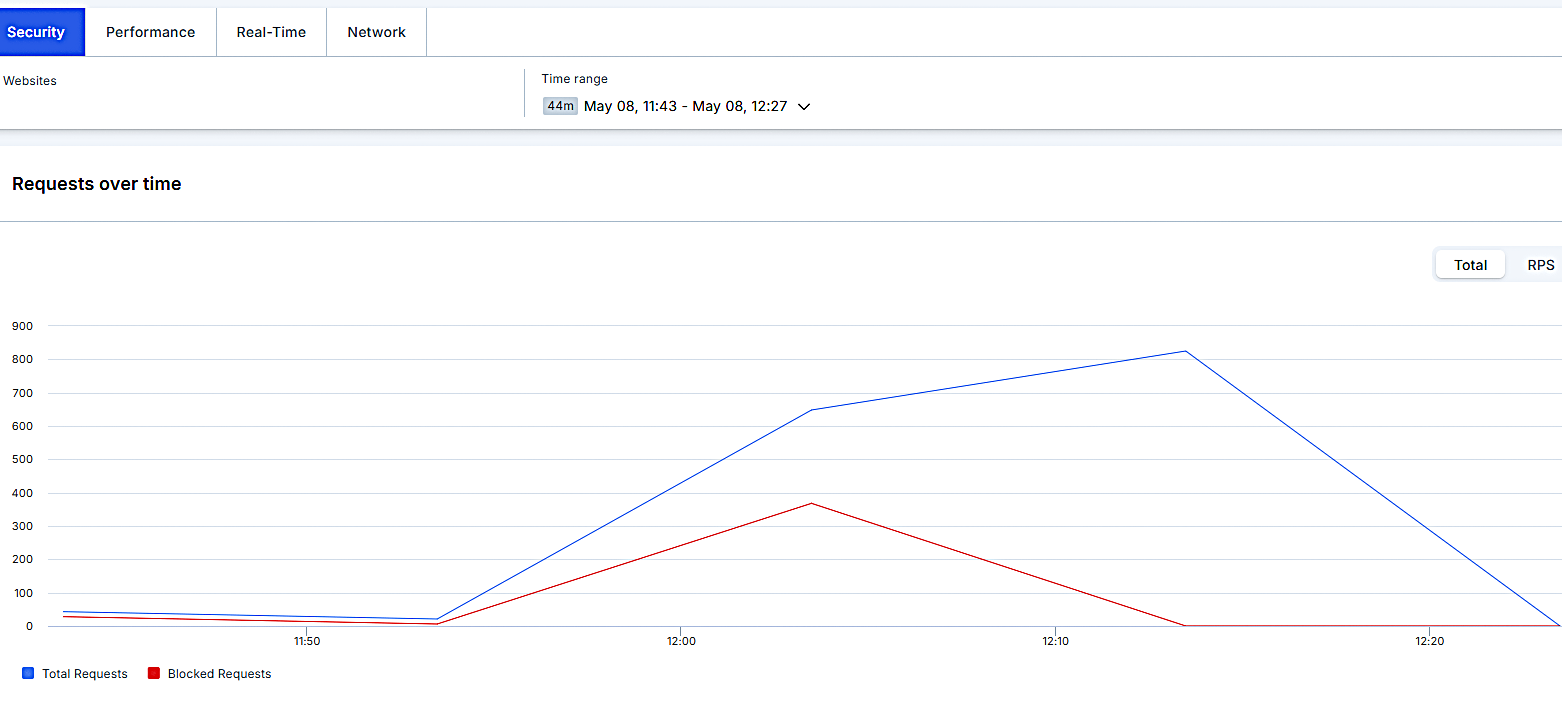


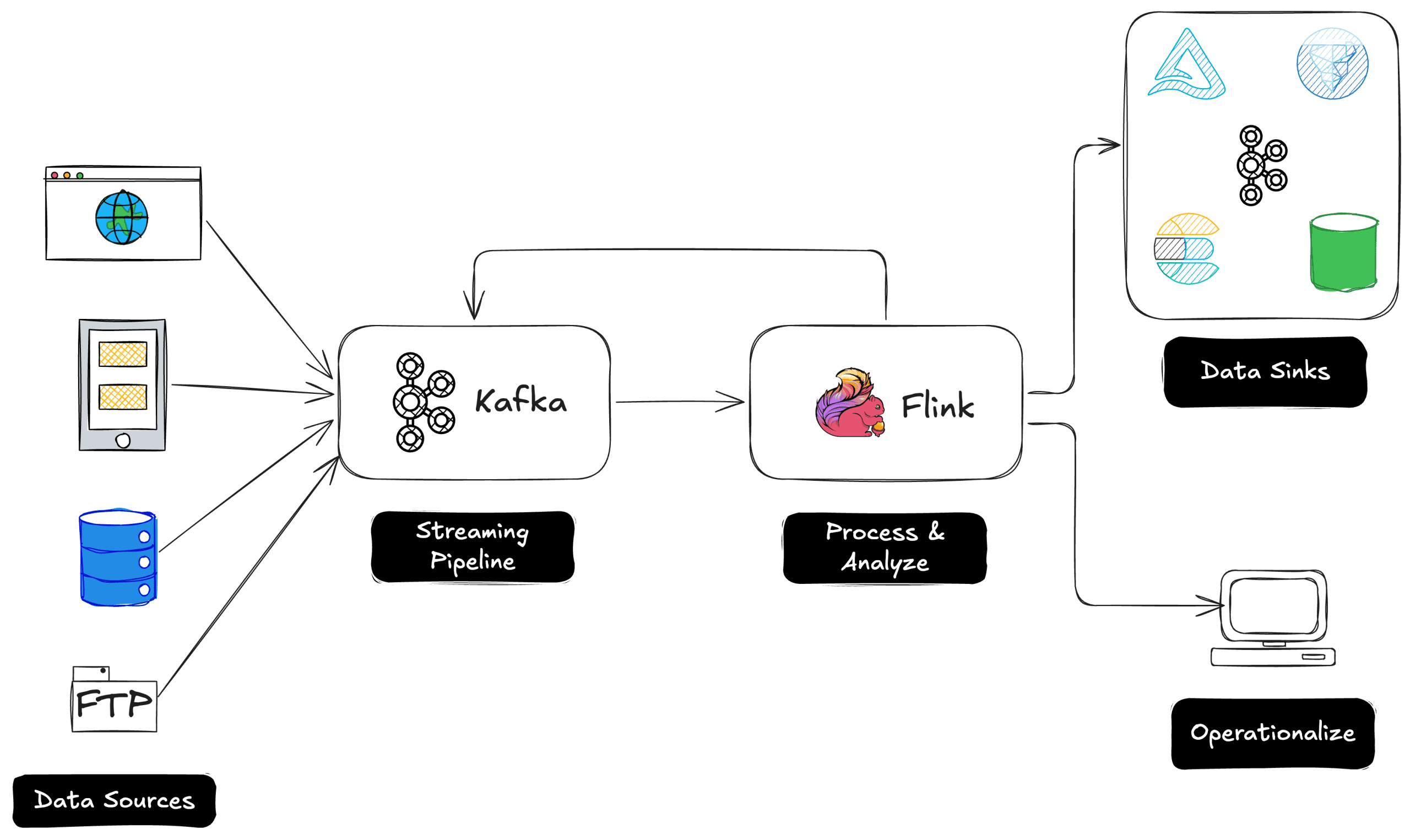


































































































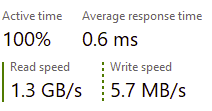





























.jpg?#)





















![Legends Reborn tier list of best heroes for each class [May 2025]](https://media.pocketgamer.com/artwork/na-33360-1656320479/pg-magnum-quest-fi-1.jpeg?#)
































































_Gang_Liu_Alamy.jpg?width=1280&auto=webp&quality=80&disable=upscale#)










































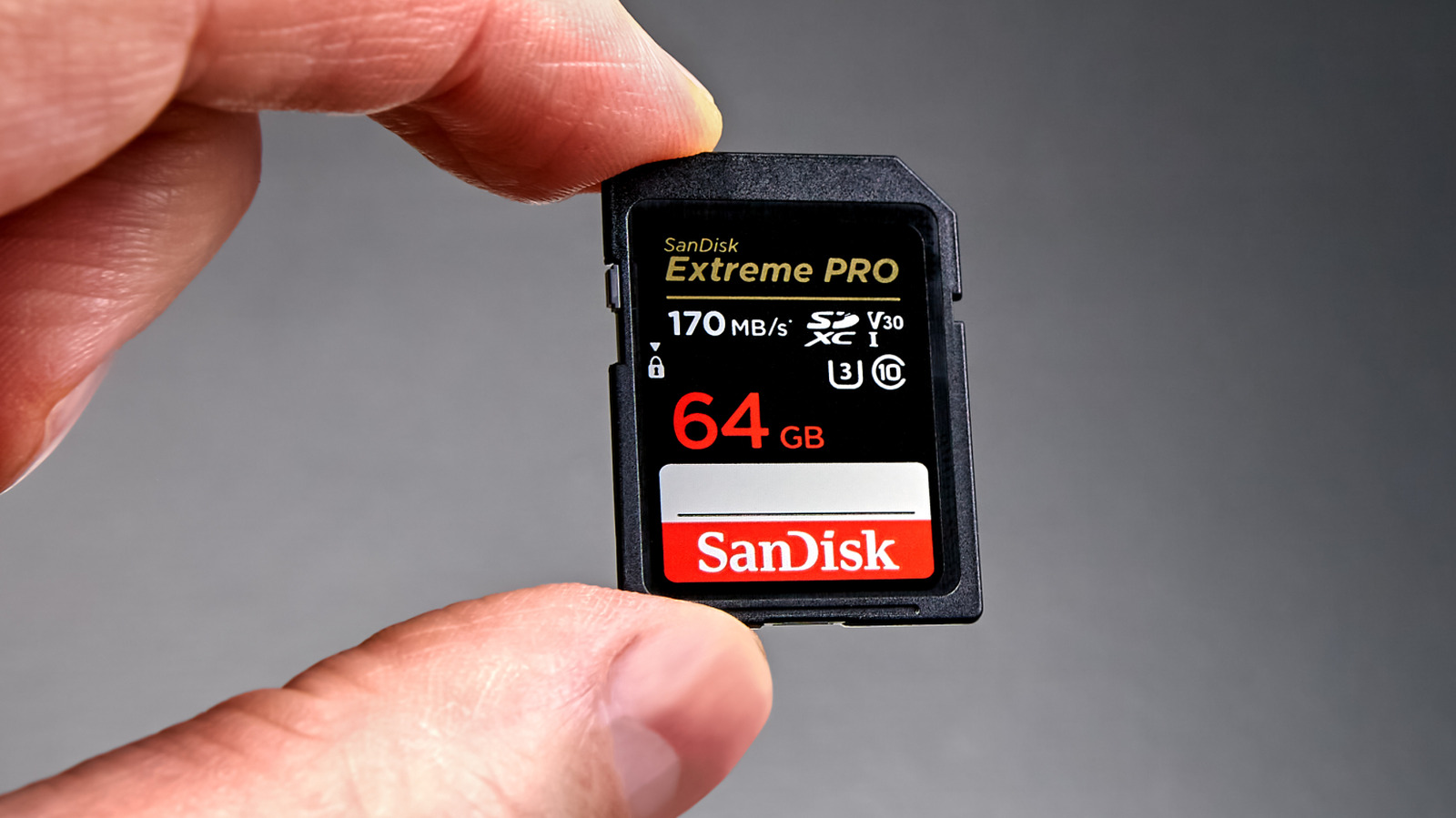



































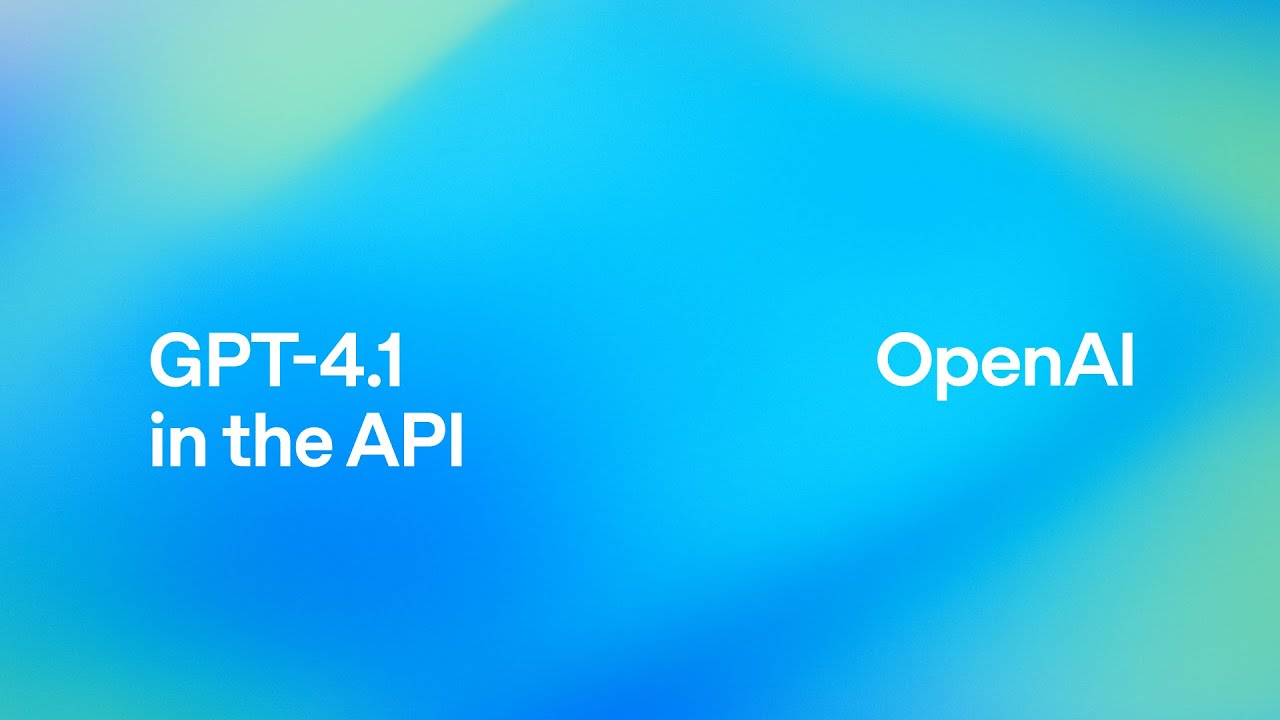






-xl.jpg)




























![Vision Pro May Soon Let You Scroll With Your Eyes [Report]](https://www.iclarified.com/images/news/97324/97324/97324-640.jpg)
![Apple's 20th Anniversary iPhone May Feature Bezel-Free Display, AI Memory, Silicon Anode Battery [Report]](https://www.iclarified.com/images/news/97323/97323/97323-640.jpg)

![Apple Planning Bezel-Free iPhone With 'Four-Sided Bending' Display [Report]](https://www.iclarified.com/images/news/97321/97321/97321-640.jpg)


































































































